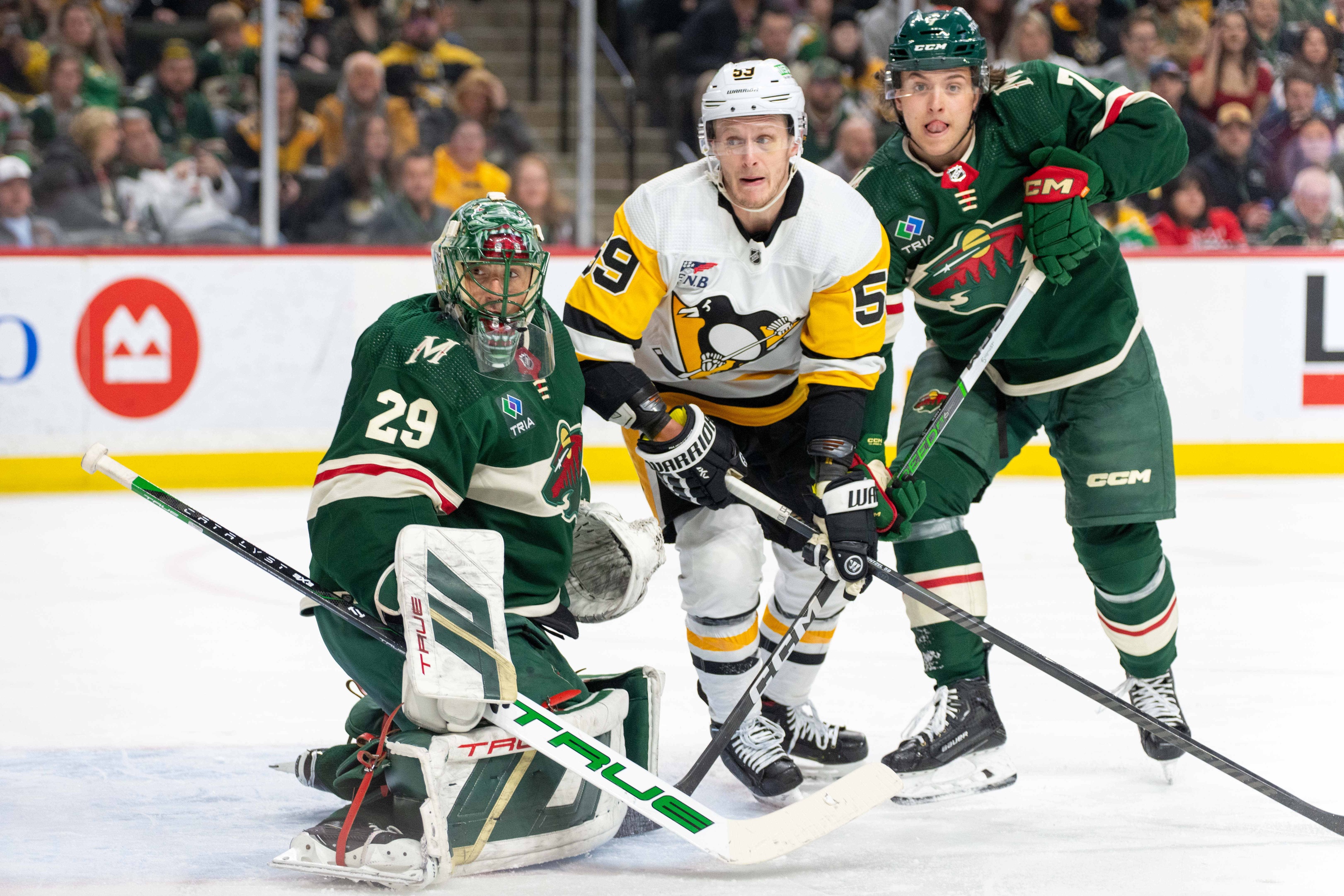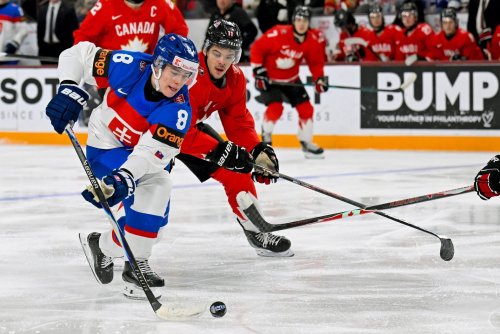
The Minnesota Wild had ten days off between their final game before the All-Star Break and their 2-1 win over the Chicago Blackhawks on February 7. The Wild had won four of five games before their January 25 game against the Nashville Predators. They had an opportunity to vault onto the right side of the playoff bubble with a win over Nashville but lost 3-2. A January 27 game against the Anaheim Ducks was their last opportunity to go into the break with some momentum.
“This looks like a mismatch,” wrote the Star Tribune’s Sarah McLellan. “The Wild have a 13-point lead over the Ducks in the standings, and Anaheim has won just three times in its past 10 contests. But the Ducks can be pesky.” And the Ducks were. The Wild squandered a third-period lead for the second straight game and entered the break 21-23-5, six points out of the Western Conference’s second wild-card seed.
“We all knew how big those points were before the break and how disappointing it was to miss them,” Marc-Andre Fleury said after Minnesota’s first practice after the break. “We all want to win. We all want to make the playoffs.”
“We still have some runway to kind of control our own destiny,” echoed Jacob Middleton.
The Wild have taken their first steps, beating Chicago on the road before Marc-Andre Fleury got the best of the Pittsburgh Penguins in St. Paul. Ten years ago, wins over the Blackhawks and Penguins would be the sign of a turnaround. But Chicago and the San Jose Sharks are the worst teams in the Western Conference, and Pittsburgh is a mediocre Eastern Conference team. Minnesota is still in the Central Division’s middle class entering Monday night’s game in Las Vegas.
Chicago and the Penguins became champions by bottoming out and loading up on talent. The Blackhawks took Jonathan Towes third overall in 2006 and Patrick Kane 1-1 a year later. Together, they won three Stanley Cups. Chicago tanked last year, allowing them to take Connor Bedard first overall in last year’s draft. Pittsburgh took Fleury first overall in 2003, Evgeni Malkin second in 2004, and Sidney Crosby first in 2005. They have won three Cups in the Crosby era.
However, fans in Chicago and Pittsburgh suffered through painful lows before their teams became winners. Former Blackhawks owner Bill Wirtz blacked out games locally, believing that he was doing season-ticket holders a service and boosting attendance. Between the blackout policy and frugal ownership, the Hawks struggled on-ice and became an afterthought in America’s third-largest TV market. The Blackhawks’ fortunes only changed once his son, Rocky, took over.
Similarly, the Penguins won championships in 1991 and 1993 but fell on hard times after that. However, unlike in Chicago, Pittsburgh’s owners had spent money freely during the championship years and filed for bankruptcy in 1998. Former player Mario Lemieux stepped into an ownership role and kept the team from relocating. In 2007, he helped broker a stadium deal that helped cement the Penguins in Western Pennsylvania for the foreseeable future.
Things should never get that desperate for the Wild. Minnesota had already lost its hockey team when Norm Green relocated the North Stars to Dallas in April 1993, two years after they lost to the Penguins in the Stanley Cup finals. The Wild also shouldn’t full-on tank with Kirill Kaprizov on the roster. However, Bill Guerin has pushed them to all-in with nearly $15 million in dead cap space and a flawed roster. By committing long-term to Marcus Foligno, Mats Zuccarello, and Ryan Hartman, he’s unable to trade them at the deadline to reload for next year.
Guerin had an opportunity for a hard reset this season. After starting 5-10-4, he could have fired Dean Evason and tried to get a top pick. Evason had led the team to back-to-back 100-point seasons, but Peter DeBoer and Craig Berube had out-coached him in the playoffs. But Guerin kept pushing for the team to win, signing John Hynes to a multi-year deal instead of going with an interim coach.
The Wild won their first four games under Hynes, then had a four-game winning streak in late December. But they lost eight of their next nine games, which was a turning point in a borderline lost season. “I still believe in this group,” Guerin said after that losing streak. “I know people are going to say I’m crazy, but I do. I think we’ve shown that when we are healthy and when we are doing what we’re supposed to be doing, we’re a good team.”
Minnesota won four of its next five after that before losing to Nashville and Anaheim going into the break. They beat Chicago and Pittsburgh but play nine of their next 13 games on the road. The Wild’s immediate surge after Guerin fired Evason may have fooled some people, and there’s no shame in it. And their second and third winning streaks may have led to buy-in again. But to believe that this team will miraculously change after ten days off feels far-fetched. At this point, it feels like they’re holding onto false hope instead of gearing up for the future.
Think you could write a story like this? Hockey Wilderness wants you to develop your voice, find an audience, and we'll pay you to do it. Just fill out this form.
-
 1
1
-
 2
2







Recommended Comments
Join the conversation
You can post now and register later. If you have an account, sign in now to post with your account.
Note: Your post will require moderator approval before it will be visible.